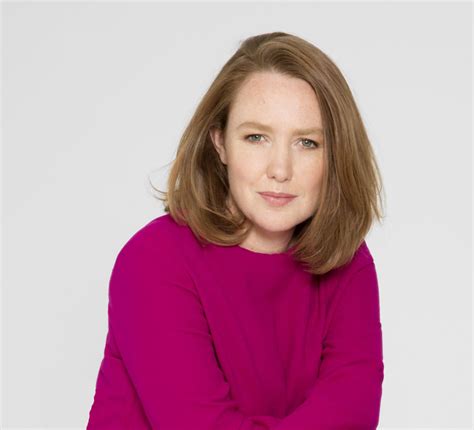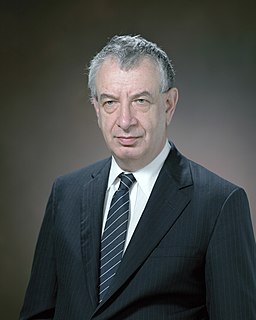A Quote by H. P. Blavatsky
We live in an age of prejudice, dissimulation and paradox, wherein, like dry leaves caught in a whirlpool, some of us are tossed helpless . . . ever struggling between our honest convictions and fear of that cruelest of tyrants -- PUBLIC OPINION.
Related Quotes
There is a connection waiting to be made between the decline in democratic participation and the explosion in new ways of communicating. We need not accept the paradox that gives us more ways than ever to speak, and leaves the public with a wider feeling than ever before that their voices are not being heard. The new technologies can strengthen our democracy, by giving us greater opportunities than ever before for better transparency and a more responsive relationship between government and electors
My brethren, let me say, be like Christ at all times. Imitate him in "public." Most of us live in some sort of public capacity-many of us are called to work before our fellow-men every day. We are watched; our words are caught; our lives are examined-taken to pieces. The eagle-eyed, argus-eyed world observes everything we do, and sharp critics are upon us. Let us live the life of Christ in public. Let us take care that we exhibit our Master, and not ourselves-so that we can say, "It is no longer I that live, but Christ that lives in me."
Those of us in public office and those of us who aspire to public office have a responsibility to be reasonable, fact-based, in our rhetoric and to not suggest things that are unreasonable, to whip up a lot of emotion in public, which can lead to government overreach, fear, suspicions, and prejudice.
Love is the bridge that leads from the I sense to the We, and there is a paradox about personal love. Love of another individual opens a new relation between the personality and the world. The lover responds in a new way to nature and may even write poetry. Love is affirmation; it motivates the yes responses and the sense of wider communication. Love casts out fear, and in the security of this togetherness we find contentment, courage. We no longer fear the age-old haunting questions: "Who am I?" "Why am I?" "Where am I going?" - and having cast out fear, we can be honest and charitable.
We all have one other world we live in: our public world. Some people call it our public persona. This is the world where someone who doesn't know you privately, personally, or professionally hears your name and has some opinion about you one way or another. So the question becomes: where is integrity rooted? Some people think it's rooted in their public life. They spend all of their time trying to spin their public image. It's not rooted there, however. It's simply revealed there. People who lack integrity will have it revealed publicly.
This fear bears no analogy to any fear I knew before. This is the basest of all possible emotions, the feeling that was with us before we existed, before this building existed, before the earth existed. This is the fear that made fish crawl out onto dry land and evolve lungs, the fear that teaches us to run, the fear that makes us bury our dead.
It is one of the paradoxes of parenting, and often a painful paradox, that even as our children need us for love and trust, they also need us for honest differing. It's not only over limits and rules...[but also] about what we represent in the way of culture, traditions, and values. We owe it to our children to let them know what we believe, and if they differ with us, we owe it to them to be honest adversaries, for it is through this honest confrontation that children can grow into adults who have a firm sense of their place in the sequence of the generations.
I go among trees and sit still. All my stirring becomes quiet around me like circles on water. My tasks lie in their places where I left them, asleep like cattle... Then what I am afraid of comes. I live for a while in its sight.
What I fear in it leaves it, And the fear of it leaves me. It sings, and I hear its song.
Public opinion contains all kinds of falsity and truth, but it takes a great man to find the truth in it. The great man of the age is the one who can put into words the will of his age, tell his age what its will is, and accomplish it. What he does is the heart and the essence of his age, he actualizes his age. The man who lacks sense enough to despise public opinion expressed in gossip will never do anything great.
































